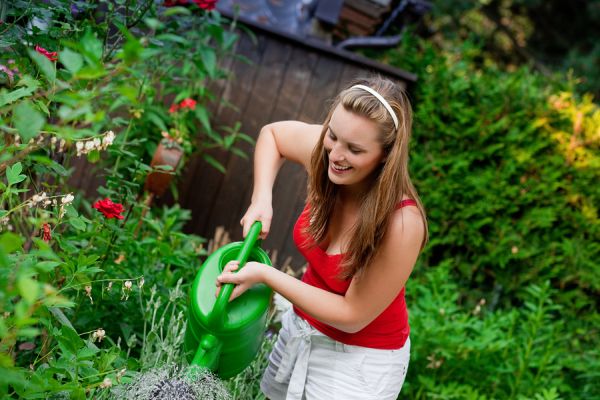Skyrocketing energy prices are forcing homeowners to opt for cheaper and more sustainable ways to heat up their home during the cold winter months. If you are on the lookout for such options as well, consider the eco-friendly alternatives mentioned below.
Solar Heating
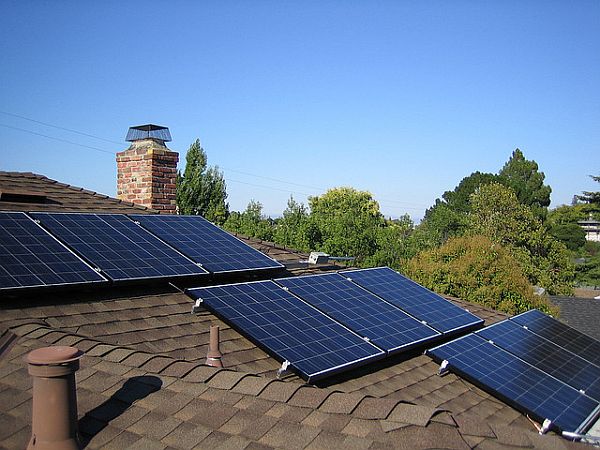
Many homeowners have started installing solar panels in their lawns and backyards in order to harness the abundant energy of the sun and convert it into alternate forms of the same, including heat. For example, solar water heating systems can absorb the heat from the sun and use the same to heat the water in the bathrooms. These systems come with solar panels which are integrated with a cylinder containing water (possibly enough for two days). Connecting a pipe from this cylinder to the home’s water supply system can then provide you with hot water without costing you anything in the process.
Heat Pumps
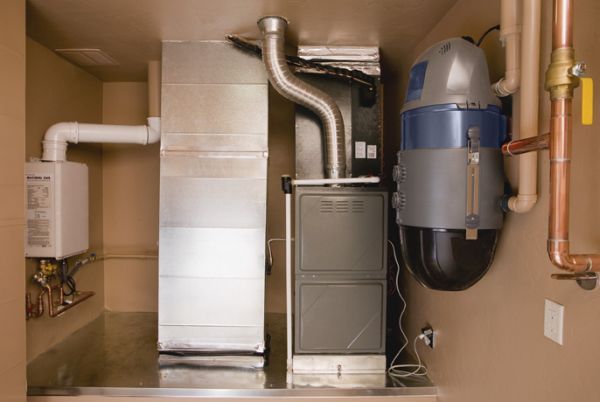
Heat pumps work by absorbing heat from the air, ground, and water. They use electric pumps to increase this heat to the desired temperature so that your home remains warm. Heat pumps can also be used to heat water in the bathrooms. A working heat pump would be able to offer three units of heat for each unit of electricity it uses. The best thing however, is that heat pumps work even during winter with a frozen ground. Heat pumps can work to their maximum potential in homes with proper insulation and can offer plenty of cost savings related to energy usage via electricity.
Heat pumps come in three main varieties, ground source, air source and water source. What you choose for your home would depend on factors like the available area (ground pumps) and the presence of a lake or river nearby (for water pumps)
Biomass Boilers
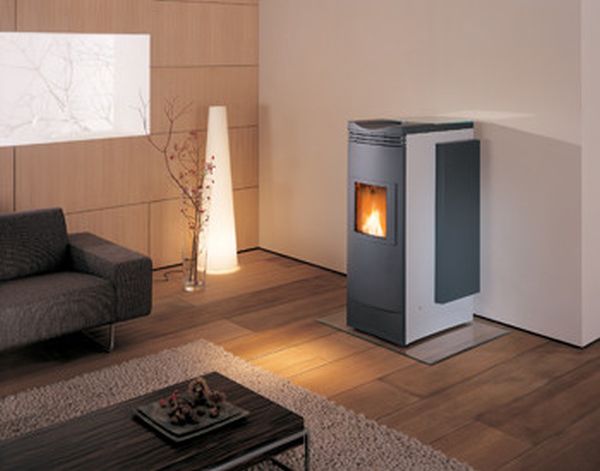
These are considered as suitable alternatives to electric stoves, but can take up a lot of space in the home. Biomass heating does not incur too much fuel costs and can use wood pellets, chips or logs to generate heat. Wood pellets tend to be the most expensive although they facilitate automatic feed systems while comparatively cheaper wood logs would need to . Ensure that you have at least 7 cubic meters of storage space for fuel and compare fuel costs between different local suppliers to see which suits you best.
Pellet Stoves
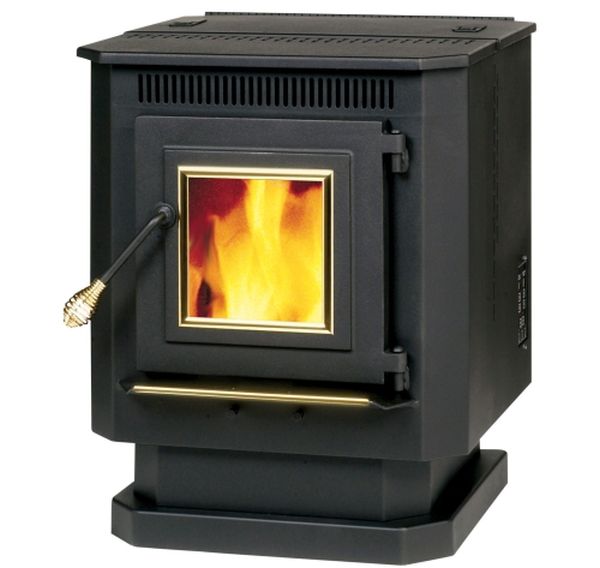
Pellet stoves resemble wood stoves to a great extent in their look and size. However, when compared to traditional logs used for wood stoves, pellet stoves use smaller sized pellets that are either made of switch grass or sawdust.
Using pellet stoves is a great option as the stoves use renewable energy sources like waste products like sawdust taken from mills or switch grass that is grown on farms. These stoves are comparatively more energy efficient than traditional wood stoves and can heat up your home efficiently using less fuel in the process. A small home would need just one pellet stove to generate sufficient indoor heat while a larger home can do with two stoves.
Masonry Heaters
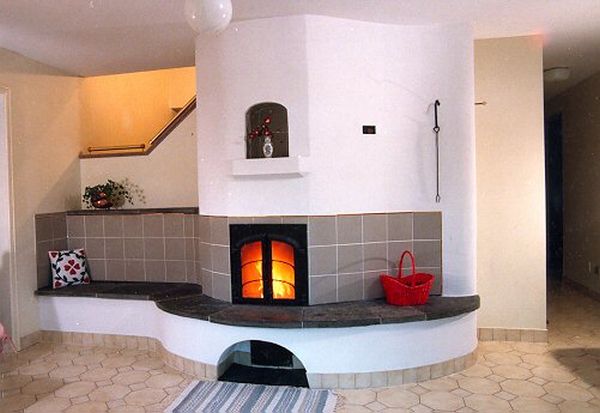
A pellet stove may heat up your home efficiently. However, it does produce its share of pollution as well. A masonry heater on the other hand would offer the same amount of heat, but cause less pollution in the process. Better yet, they are super compact and resemble a traditional fireplace significantly. And they use less amounts of wood as they burn slowly.
A masonry heater would contain a small firebox which is lined with masonry concrete and firebricks as well as long smoke channels to get rid of the smoke generated. The difference here is that the chimney in a masonry heater goes through the bricks themselves. Hence, when heating, the bricks heat up and provide warmth to the surrounding area. The heat generated is also uniform and can last for up to 24 hours. However, masonry heaters can be expensive, so be prepared to splurge anywhere between $2000 and $5000 for the same.
Summary
Thinking of switching to energy efficient, renewable sources for heating your home? Then consider the options mentioned above which would be less burdensome on both your pocket and the environment in the long run.




